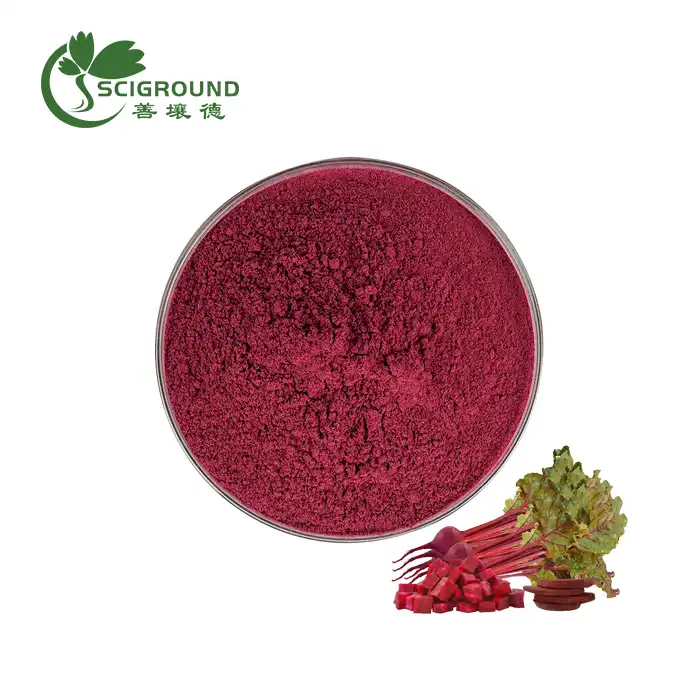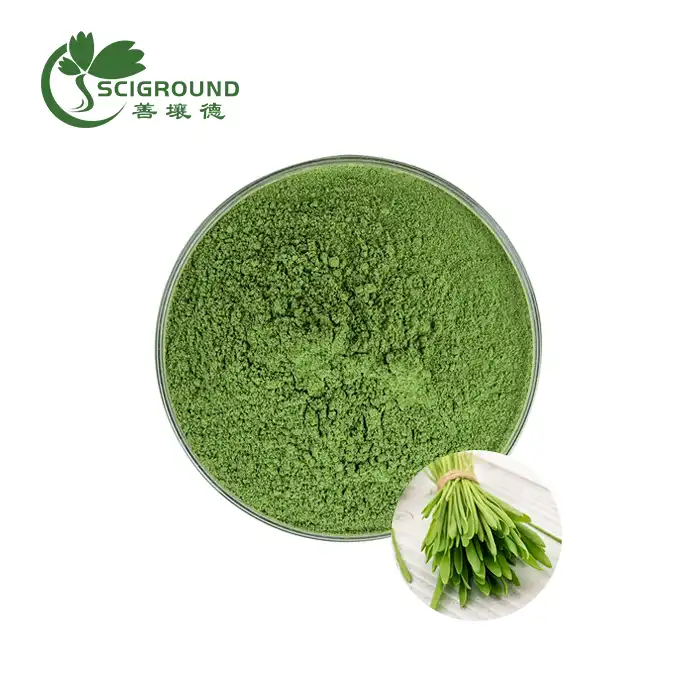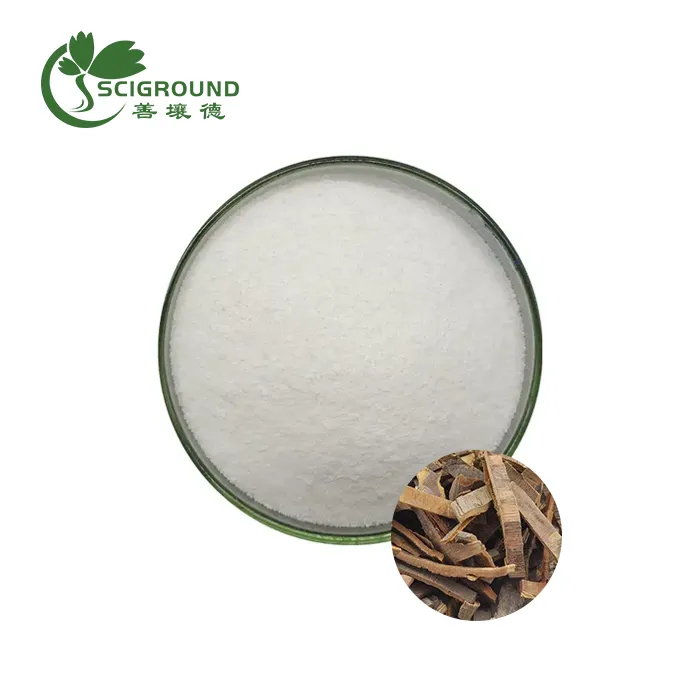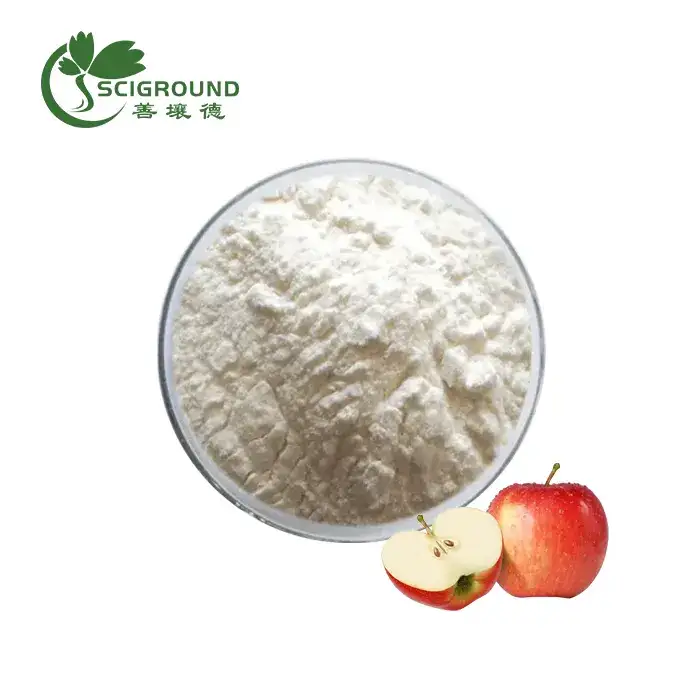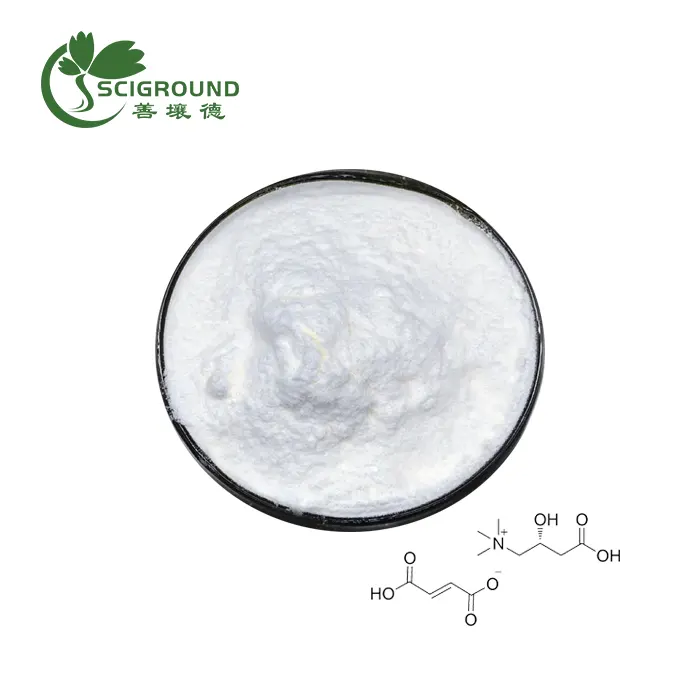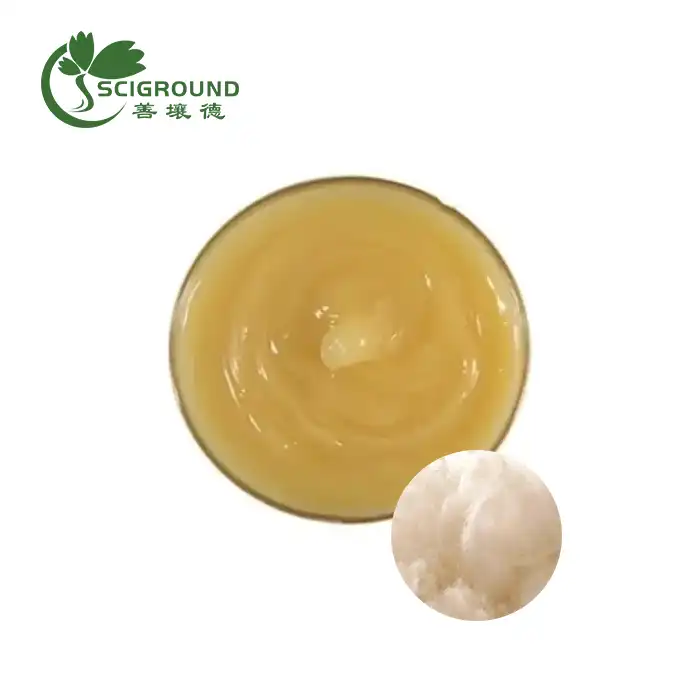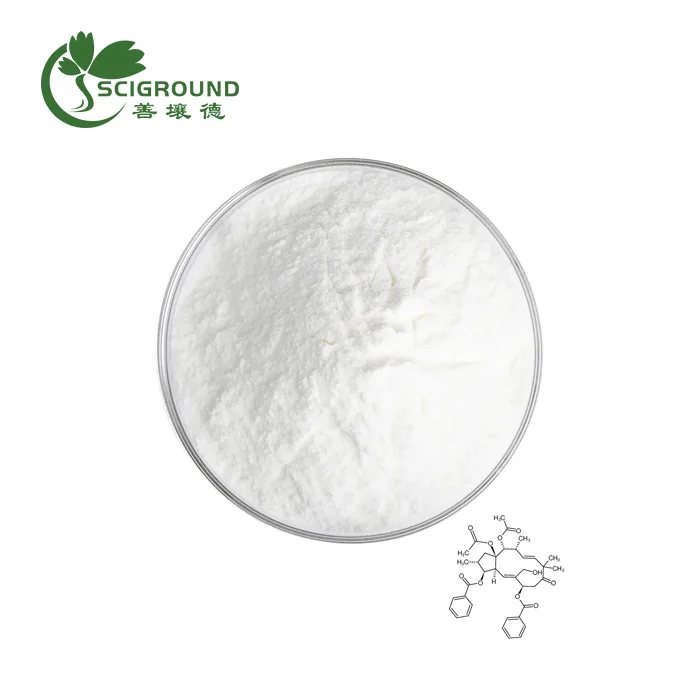Exploring Rice Protein Powder: Benefits and Versatile Uses
Protein is an essential nutrient that your body needs to build and repair tissues, produce enzymes and hormones, and support immune function. While animal-based protein sources like meat, eggs, and dairy are typically considered the best sources of protein, there has been a growing interest in plant-based protein supplements in recent years. One such supplement is rice protein powder. In this blog post, we will explore rice protein powder in detail, including how it is made, how much protein it contains, how to use it in recipes, and how it compares to other plant-based protein sources like pea and soy protein.
How is Rice Protein Powder Made?
Rice protein powder is made by extracting protein from rice grains. The process involves soaking the rice in water and then separating the protein from the carbohydrate and fiber components. The resulting product is a concentrated protein powder that typically contains 70-80% protein by weight.
Some manufacturers use brown rice to make their protein powder, while others use white rice. Brown rice protein powder is generally considered more nutritious than white rice protein powder because it contains more fiber, vitamins, and minerals.
How Much Protein Does Rice Protein Powder Contain?
Rice protein powder is a complete protein source, which means that it contains all nine essential amino acids that your body cannot produce on its own. These amino acids are necessary for building and repairing muscle tissue, making rice protein powder an ideal supplement for athletes and bodybuilders.
In terms of protein content, one serving (28 grams) of rice protein powder typically contains 20-25 grams of protein. This is comparable to other plant-based protein sources like pea and soy protein.
How Do You Use Rice Protein Powder in Recipes?
Rice protein powder is a versatile ingredient that can be used in a variety of recipes. Here are a few ideas:
1. Smoothies: Add a scoop of rice protein powder to your favorite smoothie recipe for an extra protein boost.
2. Baked Goods: Use rice protein powder in place of flour in baked goods like muffins, pancakes, and bread.
3. Energy Bars: Mix rice protein powder with oats, nuts, and dried fruit to make homemade energy bars.
4. Salad Dressing: Mix rice protein powder with olive oil, vinegar, and herbs for a high-protein salad dressing.
5. Soup: Add rice protein powder to soups and stews for a protein-rich meal.
How Does Rice Protein Powder Compare to Other Plant-Based Protein Sources?
Rice protein powder is just one of many plant-based protein sources available on the market. Here's how it compares to other popular options like pea and soy protein:
1. Pea Protein: Like rice protein powder, pea protein is a complete protein source. It is also high in branched-chain amino acids (BCAAs), which are important for muscle growth and recovery. Pea protein is generally considered more easily digestible than rice protein powder and may be a better option for people with digestive issues.
2. Soy Protein: Soy protein is another complete protein source that is high in BCAAs. It is also rich in antioxidants, which help to protect against cardiovascular disease. However, soy protein is a common allergen and may not be suitable for people with soy allergies or intolerances.
Overall, all three protein sources are good options for vegans, vegetarians, and people with food allergies or intolerances. The choice ultimately comes down to personal preference and specific dietary needs.
Rice protein powder is a nutritious and versatile plant-based protein supplement that can be used in a variety of recipes. It is a complete protein source that contains all nine essential amino acids and is comparable in protein content to other popular options like pea and soy protein. While rice protein powder may not be the best option for everyone, it is a great choice for people looking to increase their protein intake without consuming animal products. As with any dietary supplement, it is important to consult with your healthcare provider before starting to use rice protein powder.
To purchase Rice protein powder, please contact Sciground at info@scigroundbio.com. Our experienced team will be happy to assist you in finding the best mushroom extract product to suit your needs.
Related Industry Knowledge
- What is Angelica root powder used for?
- What are the uses and pharmacology of Nobiletin Powder?
- What is Artemisia annua extract in skincare?
- Which is better milk thistle or artichoke extract?
- Is hydrolyzed wheat protein the same as gluten?
- What are the benefits of cordyceps extract?
- Does Polygala help sleep?
- Fisetin Benefits
- How to Take Fisetin?
- Dihydromyricetin vs Myricetin
